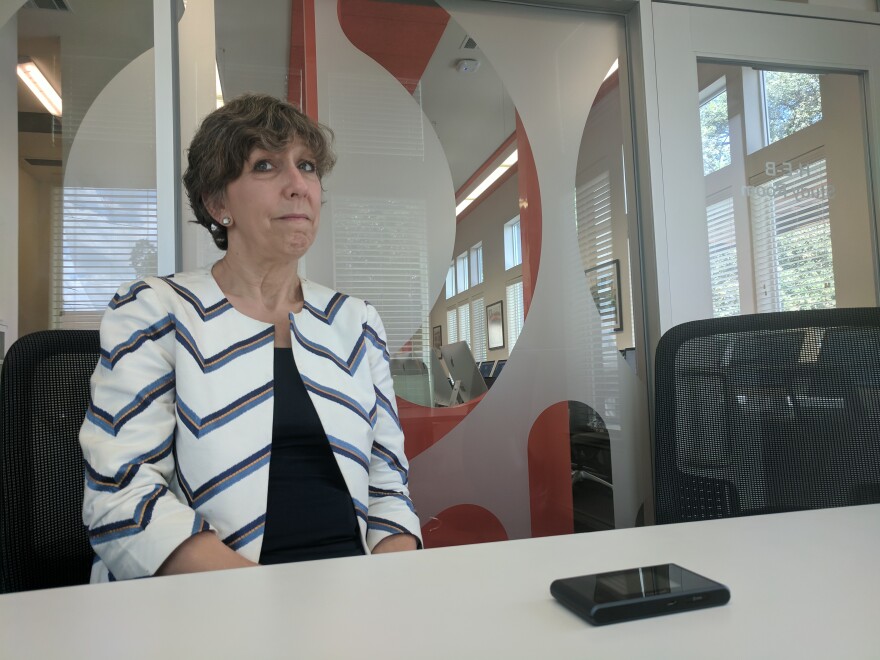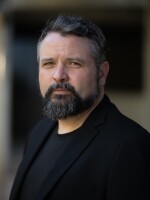One in four San Antonio homes doesn't have Internet access according to the U.S. Census' American Community Survey. Entrenched poverty has led to San Antonio ranking 19th worst for home access.
Part of Bexar County's digital library BiblioTech's mission is to address the community's glaring digital divide. So in July, the bookless library launched a free mobile hotspot service. Patrons can check out the hotspots that support up to eight internet-hungry devices. The hope is the hotspots improve quality of life for residents through not just entertainment, but access to job, homework, and other resources says BiblioTech Administrator Laura Cole.
"First of all if you don't have access you're at a complete disadvantage. You can't really do much of anything if you can't get on the Internet," Cole says.
Cole -- who's been with BiblioTech since its conception -- says she has wanted a program like this since the beginning. Cost has always been the barrier.

The county now has a pilot program of 100 donated devices, with data service charges from Sprint of $37 per device, per month. And the devices are going fast. So fast, in fact, that cole had to put one on reserve to have it on hand for the interview.
In the first seven weeks, 312 people have checked out the hotspots. A usage map shows most live in the zip codes near a BiblioTech branch, but some extend into the far reaches of the Bexar county.
"I was surprised when I saw that map [and] how far people are driving to get WiFi service," says Cole.
Bexar county residents can check out the WiFi hotspots in two week increments with no immediate renewal. BiblioTech shuts off the service after that, making the device unusable. Cole says the county hasn't had a problem getting the hotspots back as a result.

Cole hopes floating the program for a year will show potential donors how successful it is and entice them to support it, potentially growing the program to the size of Chicago or New York's programs.




